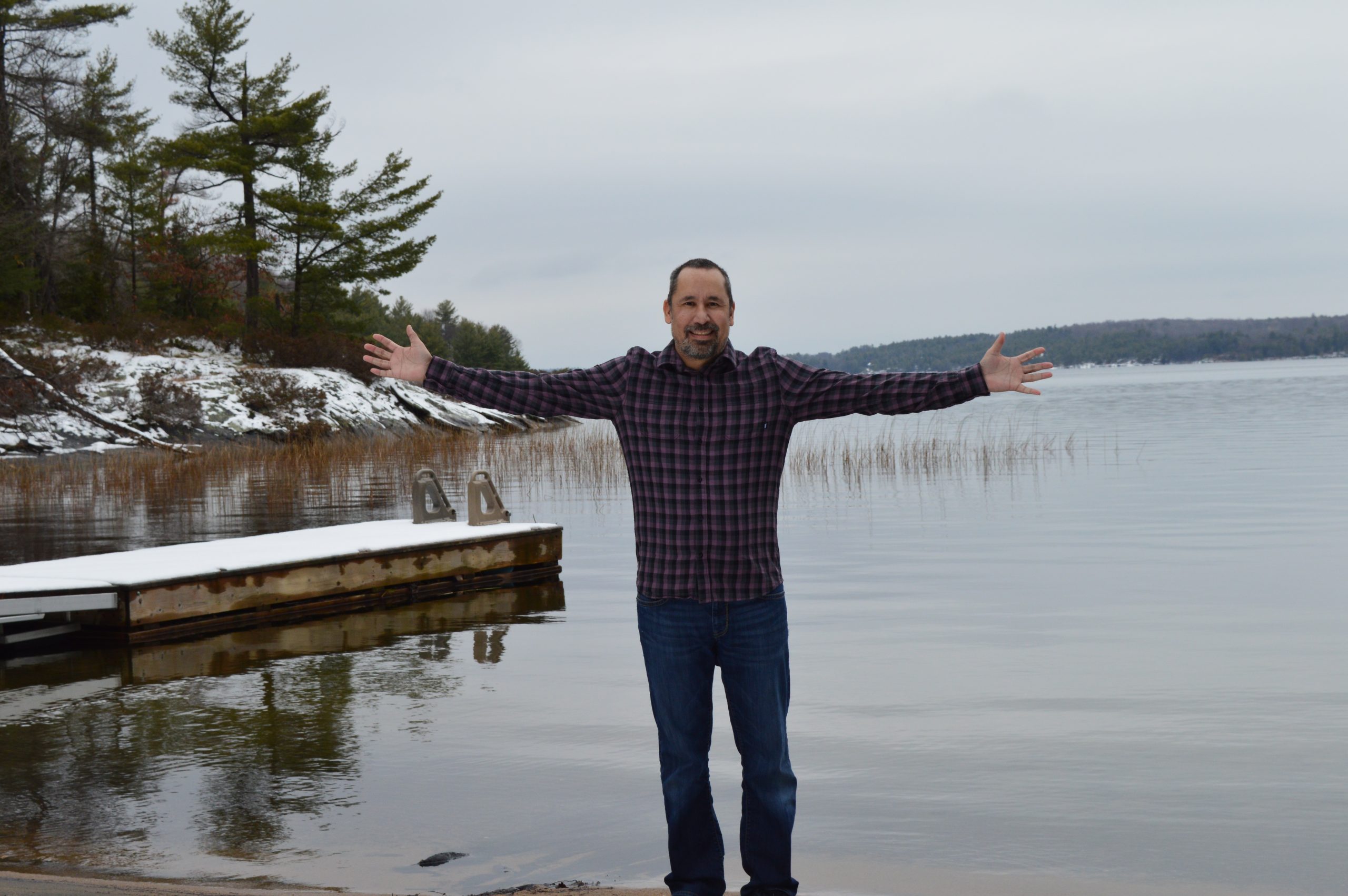Alumni Interview: Craig Brown
Graduates of the School’s programs embark on a wide range of career paths in the broad area of public service and public affairs. The video interviews, alumni profiles, and stories of our distinguished alumni provide a snapshot of these paths.
Carleton 75 Alumni Videos
Alumni Interviews
Distinguished Alumni

Read about Craig Brown‘s experience at the SPPA and how his education and experience have helped him make a difference in First Nations communities below.
Q: How did you know that Carleton SPPA was the right program for you?
“The one thing that led me to Carleton was the capacity that the School had for Indigenous policy. There were a number of professors and I had read a lot of their written work so I knew they had a strong group of professors in Indigenous policy. And the location as well, just that it’s in beautiful Ottawa and that there’s opportunities for people involved in governance in that city. But what really drove me there is the professors and the work that they were doing. And I want to acknowledge the work that they’ve done over the years to develop this Indigenous policy program.”
Q: What was the transition like from school to the workforce?
“The transition went really well for me. After I graduated from the MPA program, I got right into management consulting, so I worked for a small Indigenous management consulting firm for about three years. I was doing economic and business development type of work, governance and development. So it was a really great experience. After that, there was a band manager opportunity at one of the nearby First Nations. So I applied for the position and I was a successful candidate. I was 29 at the time so it was a really eye-opening experience to come into a First Nations community. I really had to sharpen my pencils and then do a lot of work within the three to four years I was there. It was such a challenging but good experience and I’m happy I was able to make a bit of a difference in that community. I then was able to move on and be a CEO in my own community, which had been a dream for me since I was 12 years old. I knew I wanted that job within the community and I was able to really fulfill my career goals coming out of this program by the age I was 29.”
Q: What position do you hold now and what work does this involve?
“I just started my own business about a month ago so I’m in the early stages of doing that fun development work. I’m really excited about that work and trying to help Indigenous communities develop further. My focus is really around community and economic development, and governance development. So I want to help communities develop their nations both in terms of their governance capacity but also in terms of their ability to develop economies within their community. I think it’s important to develop a strong economy in communities. It’s work that I’m really excited and passionate about.”
Q: How did the education you got at the school empower you through your career?
“When I was younger, I was fairly quiet. Even when I was in the MPA program, I was a little more introverted, very quiet. But what the program did for me was that it built my internal confidence. So by the end of the program, I was a lot more vocal and now after I’ve got the education and experience, it’s really boosted my level of knowledge and my confidence to help nations develop. Being a leader in First Nations and Indigenous communities is great but it’s also very challenging. So what this program does is it helps you lay the foundation to become a leader within your community, whether it’s Indigenous or not.”
Q: What was the most memorable experience during your time at the School?
“Just being in the Indigenous Policy course was the highlight of the program at that particular time because there weren’t a whole lot of Indigenous Policy courses within the program at that time. To be in that course and to be able to do research that I was interested in and do something I was passionate about.”
Q: Do you have any advice for current or future students?
“I really encourage everyone to get involved in this program. It helps you build those effective leadership skills so that you can build a strong career for yourself, and you can also help make a difference. And that’s the biggest thing this program does: it can help you make a difference in the lives of many, many people. If you can help to improve people’s lives, it really brings a lot of value to the education and the program. It helps you develop your career and it helps you make a difference in people’s lives for generations.”